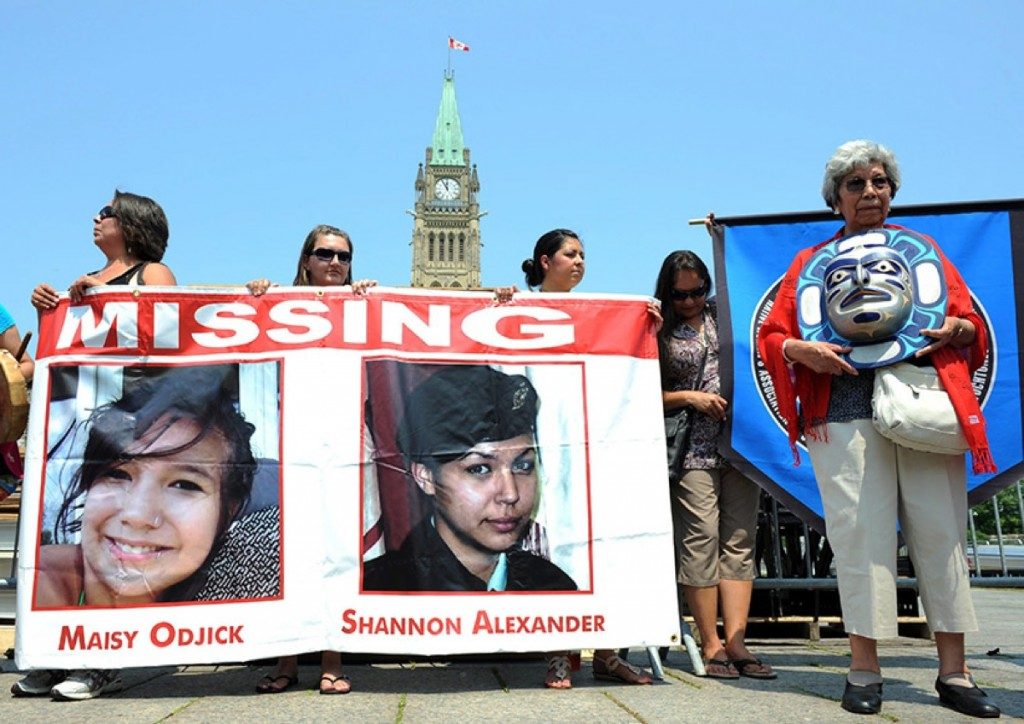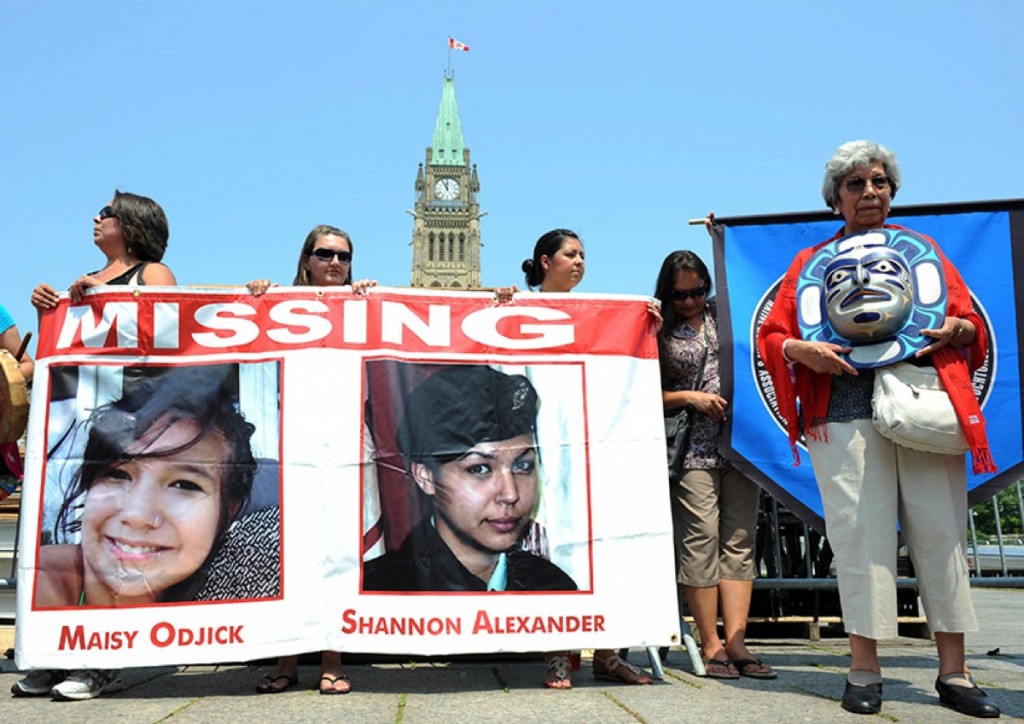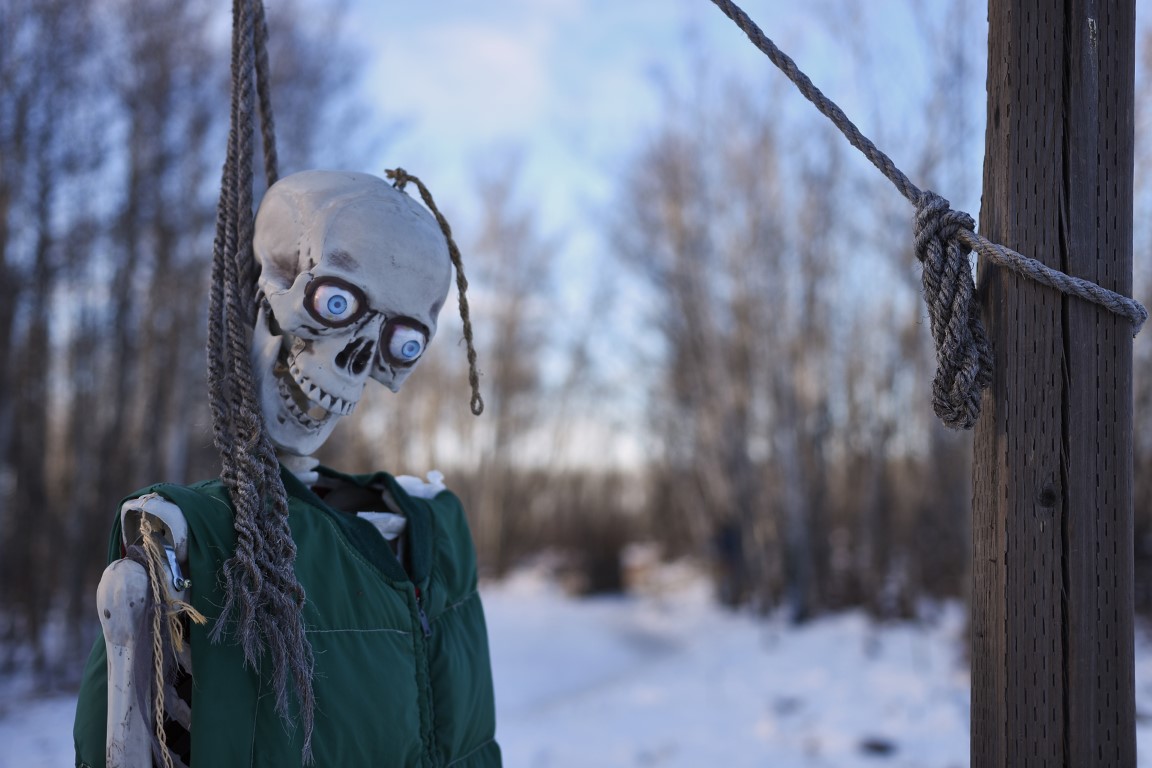 An Indigenous perspective on this Canada Day
An Indigenous perspective on this Canada Day
By Mercedes Deutscher, News Editor
I see maple leaves and beavers in shop windows, and I reflect on the achievements of men like Wilfred Laurier and women like Nellie McClung.
I reflect on the hospitable Canadian spirit.
I reflect on the suffering of Indigenous people.
Life has never been the same since colonialists made first contact on the Atlantic coast. They called us Indians for centuries, even though they were quick to discover that they did not, if fact, land in India. Still, despite the increasing intrusion of Europeans, we were consulted about the ways of the land. We were valuable as allies. We were somewhat included in pre-Confederation conventions, like the Royal Proclamation of 1763.
Confederation in 1867 marks a change in all that. We were not consulted on how our ancestral land was used and divided. There are no Indigenous names in the documents that made way for the Dominion of Canada. Instead, Indigenous people received the Indian Act of 1876. You’d think such an act was going to protect Indigenous people. Wrong. Wrong, wrong, wrong. It was the beginning of what would be generations of cultural genocide.
This great nation took children from their families. They were placed in religious schools where they would be beaten and molested. They would be punished for using their languages and for speaking their names.
This great nation prohibited traditions like potlatch. Rather than allow great feasts, it turns out our founding fathers much preferred we starve. After being evicted from what the government saw as prime settlements, they told us they would feed us and teach us to farm. Those who could farm faced sanctions when they succeeded. Those who were not successful were told to work harder when they asked for food.
They disenfranchised us whenever they could. Native women lost their status when they married non-native men. First Nations could not vote or achieve a higher education without renouncing their heritage.
The Metis and the Inuit were barely recognized at all. My great-great-great-great grandfather, a Red River Metis revolutionary named Elzear Goulet, was stoned by settlers and drowned in a river as he tried to swim away. His crime was standing up to Thomas Scott and the government that was trying to take away his home. His wife and children were bought out of their home with a small scrip. They were desperate for all the help they could get, but they still received better than what so many First Nations people did.
You may say, “Yes, but that was over 50 years ago. Our government doesn’t do that anymore.”
So what about our murdered and missing women and the families that are still looking for answers from an inquiry? Or the reserves without clean drinking water? The residents of the Downtown Eastside who have lost their way after multi-generational trauma?
An apology from the Pope and Stephen Harper doesn’t fix this. Pierre Trudeau tried to meet erasure with erasure with the White Paper. Justin Trudeau’s appropriation of Indigenous culture and empty campaign promises has left us bitter and critical yet again. A small section on residential schools in a high school textbook has little impact on non-Indigenous Canadians.
You cannot persecute us for centuries and expect us to get over it with a few apologies. There has been a haunting lack of Indigenous presence in the last 150 years of Canadian history. There has been great injustice not only for Indigenous people, but for those who came from China, Japan, India, and other non-European backgrounds. None of us are celebrated in Canada 150, but brushed aside as a dark history full of white guilt that our leaders don’t want to remember.
For our sake, and for the sake of our successors, I hope that the next 150 years are better.



